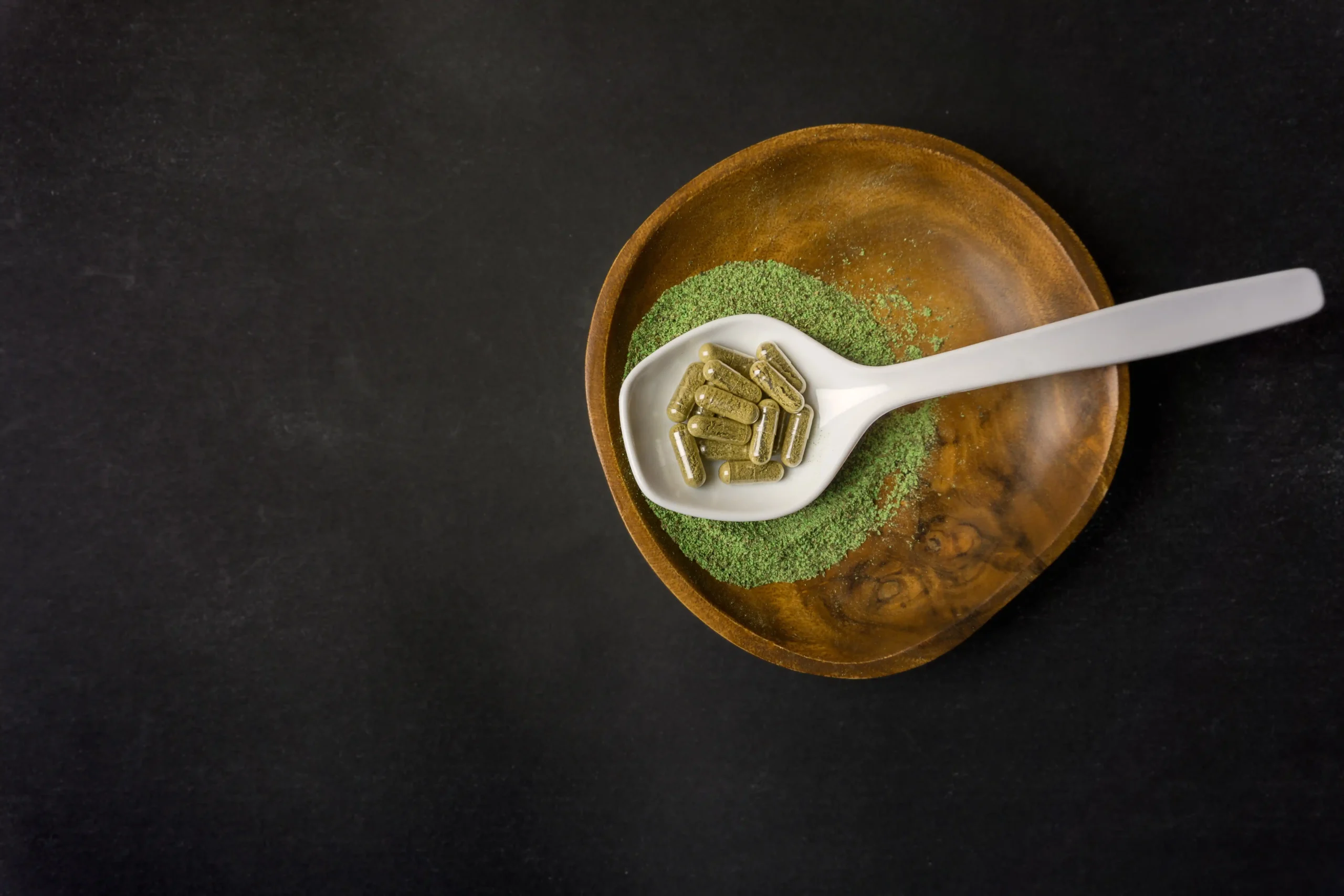- 27 Oct 2025

Kratom, a tropical tree native to Southeast Asia, has garnered attention in recent years for its potential medicinal properties and recreational use. As more individuals explore kratom for its stimulating and pain-relieving effects, questions arise regarding its legality and its presence on drug tests. This article delves into whether kratom shows up on drug tests, its legal status, and what users should know before incorporating it into their routines.
Kratom (Mitragyna speciosa) is a member of the coffee family and has been used traditionally in countries like Thailand, Malaysia, and Indonesia for centuries. The leaves of the kratom tree contain various alkaloids, including mitragynine and 7-hydroxymitragynine, which interact with opioid receptors in the brain, producing effects ranging from stimulation at lower doses to sedation and pain relief at higher doses.
One of the most pressing concerns for kratom users is whether it shows up on a drug test. Standard drug screenings, such as those used in workplaces, typically target substances like THC, cocaine, amphetamines, and opiates. Kratom is not commonly included in these tests, primarily because it is not an illegal substance in many jurisdictions, and standard panels do not check for it. However, specialized tests can detect kratom, particularly in urine samples.
Drug tests can vary widely in their sensitivity and the substances they detect. Here’s a brief overview of common drug testing methods:
Despite the lack of standard inclusion, some specialized tests specifically designed to detect kratom may be administered in certain situations, particularly where kratom use is suspected or where it is prohibited.
The legal status of kratom is complex and varies significantly across regions. In the United States, kratom is legal at the federal level; however, several states and municipalities have enacted laws restricting or banning its use. States like Alabama, Arkansas, and Indiana have prohibited kratom, while others allow its sale with little regulation. Globally, the legality of kratom also varies, with some countries banning it entirely due to concerns over safety and abuse.
If you are a kratom user concerned about drug testing, several factors may influence whether it shows up in your results:
While many users report positive experiences with kratom, it’s crucial to be aware of potential side effects. Some individuals may experience nausea, constipation, or dizziness, particularly at higher doses. Long-term use can lead to dependence, and withdrawal symptoms can occur if use is suddenly stopped. It’s essential to approach kratom with caution and to research thoroughly before use.
Additionally, potential legal repercussions should be considered, particularly in areas where kratom is restricted or banned. Users should always remain informed about their local laws and any changes in regulation.
In summary, kratom does not typically show up on standard drug tests, but specialized testing can detect it. Its legal status varies across regions, with ongoing debates about its safety and efficacy. As kratom continues to rise in popularity, it’s essential for users to stay informed about its effects, potential risks, and the legal landscape surrounding its use. If considering kratom, always prioritize responsible usage and consult healthcare professionals if unsure.